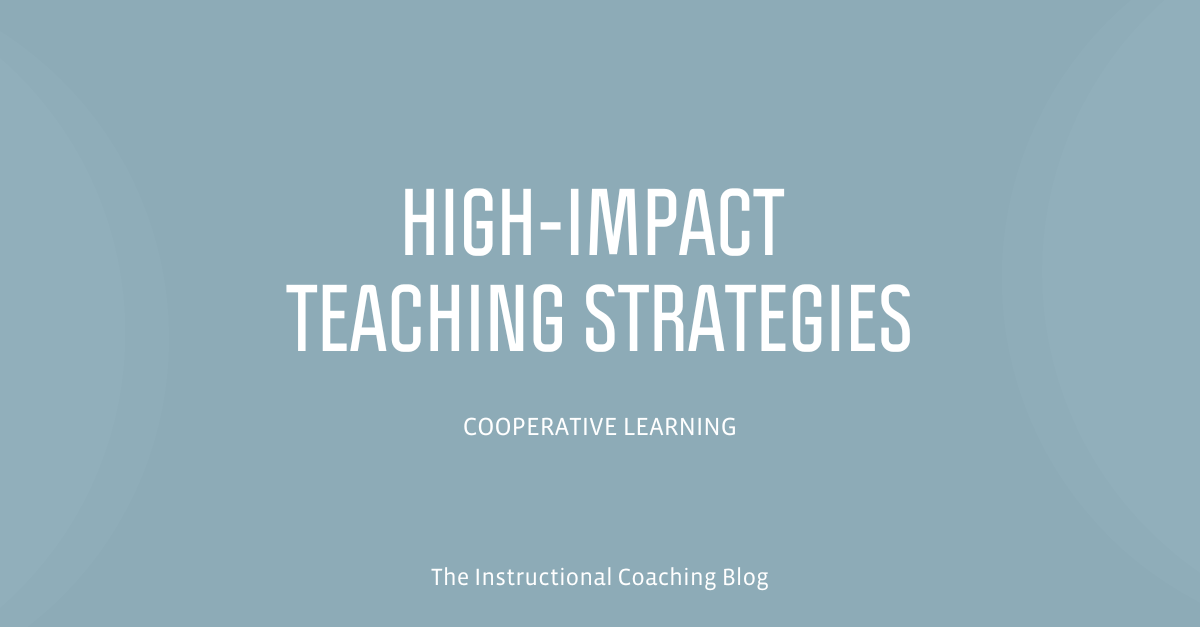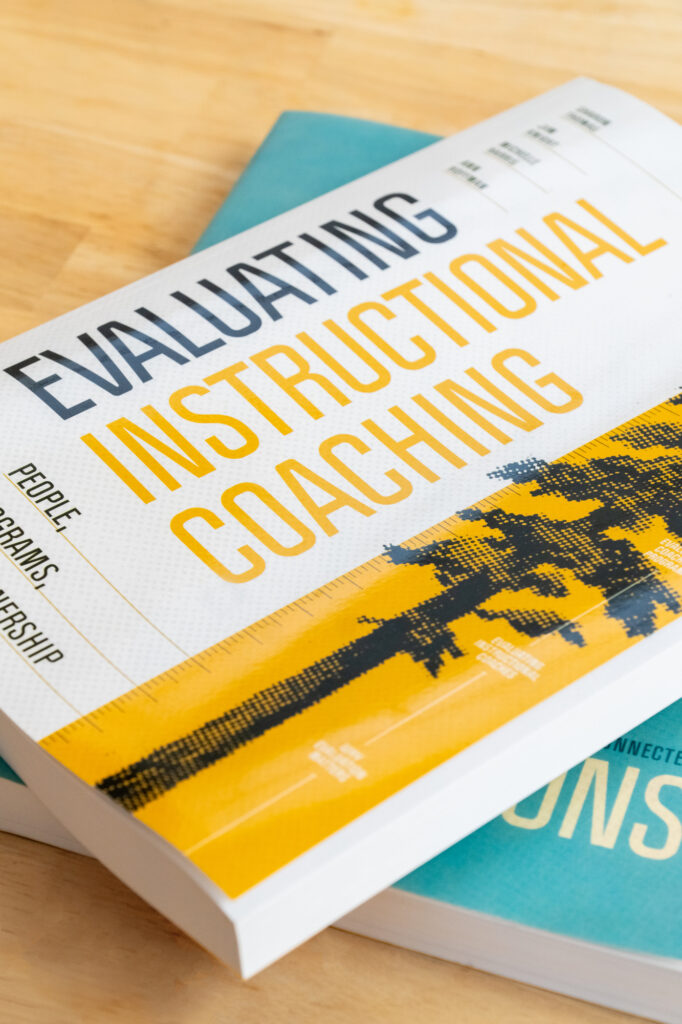Cooperative learning is all about students working together in groups and taking charge of their own learning. This approach is very effective because it keeps students engaged, helps teachers assess progress, allows for tailored instruction, and builds essential communication skills. Plus, it prepares students for teamwork in the real world. Here’s how to make cooperative learning work best:
Understand the Learning Structure
Cooperative learning isn’t just about putting students in groups and hoping for the best. Teachers need to clearly outline the learning goals, what students need to do, and how they should behave to avoid confusion and keep things on track.
Foster Positive Interdependence
Students need to feel that they’re working together towards a common goal. This can be done by setting shared objectives, giving out resources that require cooperation, and assigning roles like timekeeper or summarizer. A group identity, like a name or meeting spot, also helps.
Create a Safe Learning Environment
Students need to feel safe to speak up and take risks. Teachers can create this environment by being approachable, admitting they don’t know everything, and showing that making mistakes is okay.
Admit You Don’t Know Everything
When teachers show they’re still learning too, it encourages students to be more open and engaged. It’s all about creating a shared learning journey.
Show It’s Okay to Make Mistakes
Teachers should openly admit their own mistakes to show students that failure is a part of learning. This makes students more willing to take risks and learn from their errors.
Encourage Everyone to Participate
Make sure every student feels included and valued. Teachers should be mindful to involve all students and make it clear that their input matters.
See Failures as Learning Opportunities
Creating a culture where mistakes are seen as learning opportunities is crucial. Support all student responses and encourage effort, rather than ridiculing incorrect answers.
Set Clear Boundaries
Teachers need to be clear about what students should and shouldn’t do during group activities. Clear rules help keep everyone on track.
Hold Students Accountable
Once rules are set, it’s important to ensure students stick to them. Accountability keeps the learning environment productive.
Make Sure Students Know What’s Expected
Don’t assume students will automatically know what to do. Spend time making sure they understand the expectations and can follow them.
Teach Social Skills
Teaching social skills is key for effective group work. Vernon’s SCORE skills—sharing ideas, complimenting others, offering help, recommending changes nicely, and exercising self-control—are a great start. Also, teach students to take turns and listen.
Choose the Right Groups
Think carefully about group size and who works with whom. Start with smaller groups or pairs, especially if students are still learning how to communicate effectively.
Manage Time Well
Good time management can make or break cooperative learning. Give students enough time to complete tasks but not so much that they lose focus. Be prepared to adjust plans if needed.
Use an Attention Signal
An attention signal can help bring the class back together after group work. This helps maintain order and focus.
Cooperative learning is great for preparing students for the collaborative world beyond school. By following these tips, teachers can create a more engaging, supportive, and effective learning experience for their students.
Learn more about collaborative learning in “High-Impact Instruction” (book and workshop available).



























